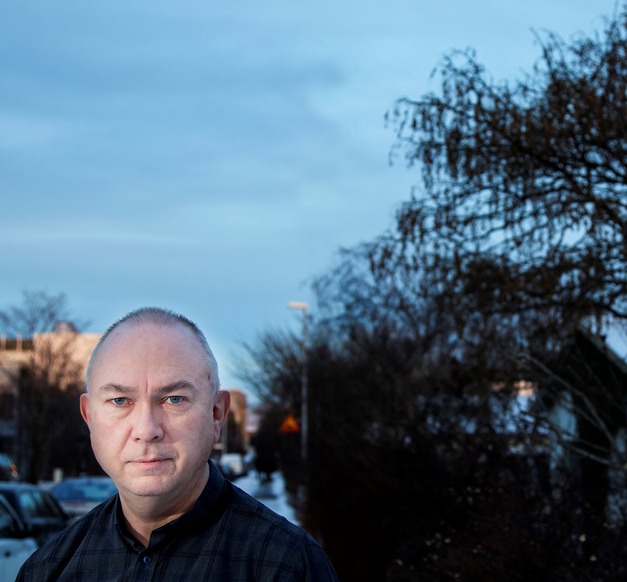Atli V. Harðarson, Assistant Lecturer at UI's Faculty of Education Studies
"Philosophical questions on free will and self-control have always fascinated me. It is necessary to tackle discursive complications and contradictory ideas when dealing with them. You can hardly find a more fun arena for a philosopher," says Atli V. Harðarson, Assistant Lecturer in ethics on his study on self-control and ethical upbringing.
Atli points out that questions on self-control are interesting, both in parenting and for those who wish to improve their own lives, as lack of control is a big part of people's problems. "Everyone who has intended to have a good time but wound up arguing should know this, as well as those who have resolved to wake up early but slept in and then played videogames. Why do people so often do something other than they had set their mind to?" asks Atli.
Atli V. Harðarson
"I argue that my theory is useful to to both understand different theories on addiction to addictive substances, and to explain the interaction of the two kinds to measure self-control that have been developed within psychology."

Atli published the first results of the study in an article at the end of 2015. "In my article I explain how it is possible to distinguish four different types of lack of control or lack of sensible self-control. I argue that my theory is useful to to both understand different theories on addiction to addictive substances, and to explain the interaction of the two kinds to measure self-control that have been developed within psychology. With one method you measure the ability to be controlled by long-term interest and the other is based on the theory of lack of self-control, i.e. that people get tired of trying to resist temptation; self-control is thus regarded in a sense like a muscle that becomes exhausted," says Atli. He adds that his conclusion is that this type of self-control involves and requires various abilities that people must understand.
The study has not been completed "Consequently I will continue by using my analysis to shed some light on the terms we use to describe when people fail to be brave, honest and show moderation. That is useful to all who are involved in ethical upbringing."


